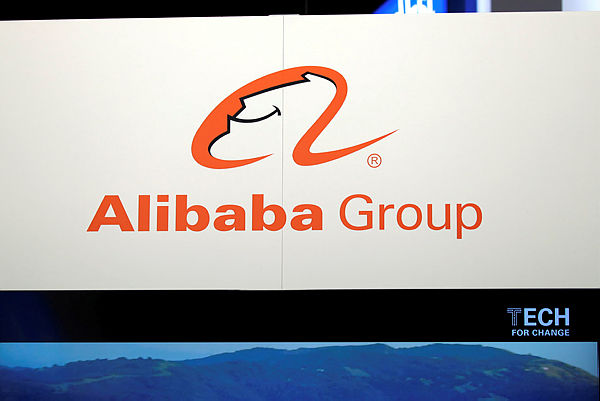HONG KONG: Shares in firms linked to Chinese online retail titan Alibaba were mixed Friday a day after rallying on a report it had filed for a Hong Kong listing that could be the city’s biggest initial public offering for almost a decade.
A share sale in the city by the firm would mark a success for Beijing, which is seeking to encourage its tech titans to list closer to home, having been stung by IPOs in New York by homegrown firms including Alibaba and search engine giant Baidu.
Alibaba made the filing this week without the need for financial disclosures, according to Bloomberg News, which added that it had chosen China International Capital Corp. and Credit Suisse Group AG as its lead banks.
If it raises its potential US$20 billion (RM83.35 billion), the offering would be the biggest in Hong Kong since insurance firm AIA raised US$20.5 billion (RM 85.43 billion).
Alibaba raised US$25 billion (RM 104.19 billion) when in listed in New York five years ago, making it the world’s biggest IPO.
The report sent shares in companies linked to Alibaba surging Thursday, with Shanghai-listed New Huadu Supercenter and Sanjiang Shopping Club up 10%, while China TransInfo Technology put on more than 3% in Shenzhen.
China International Capital Corp climbed 1% in Hong Kong.
However, while Sanjiang surged more than 4% Friday, New Huadu eased 0.5% and Transinfo slipped 1.2%. CICC slipped 1%.
China has sought to encourage its current and future big tech firms to list nearer to home, including via a planned technology board in Shanghai that would be China’s answer to the Nasdaq exchange.
The moves come with China and the United States locked in an escalating trade battle in which Washington has banned US companies from supplying technology to Chinese telecom and smartphone giant Huawei.
The Trump administration suspects Huawei has links to China’s military, which could allow Beijing to access sensitive data on global networks that use Huawei equipment.
Alibaba has capitalised on the Chinese consumer’s love of e-commerce to dominate the sector in China and become one of the world’s most valuable companies. — AFP










